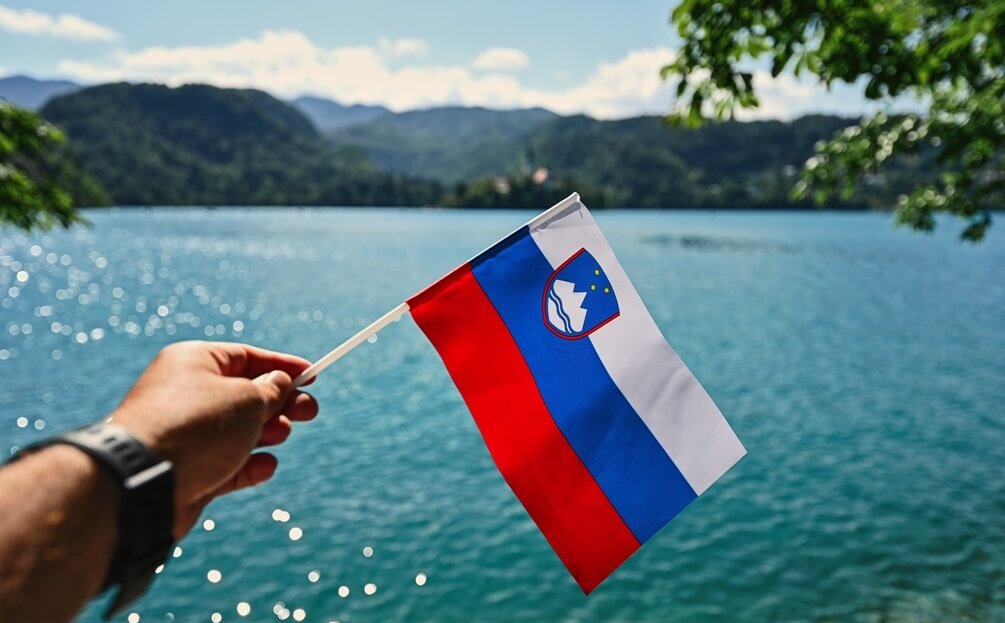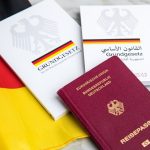If you’re of Slovenian origin but have left the country or were born abroad, you can get Slovenian citizenship through repatriation.
“Slovenian origin” covers emigrants or their descendants up to the fourth degree, including great-grandchildren.
Read on to find out what benefits Slovenian citizenship offers. We’ll also discuss how to obtain it and what documents you need for repatriation.
Advantages of Slovenian citizenship
There’s no doubt that Slovenian citizenship has some great advantages. For instance:
- Slovenian citizens can travel, live, and work in any EU country without a visa.
- Entrepreneurs can trade with EU countries without restrictions and even open companies in Eurozone countries.
- Get a top-notch education at any European university – with a Slovenian passport, you can enroll in any European university and get a great education. Of course, you’ll still need to meet some requirements, but this depends on the person in question and their motivation.
- Access to top-notch healthcare – Slovenia has great healthcare overall. Simple illnesses can be treated with a basic health insurance policy, while more serious things can be covered with additional insurance at a slightly higher premium, offering the same level of care as in any other European country.
- Social protection – pensions, unemployment and disability benefits. All of this is available to Slovenian citizens, and it’s worth noting that it’s all in good shape. In terms of pensions, Slovenia ranks fourth, behind Portugal, the Czech Republic, and Finland, with a size of 700-800 euros.
On top of that, even though Slovenia is a small country, it has a developed economy and all the infrastructure one need to live comfortably.
Just so you know.
Procedure and required documents
You’ll need the following documents for repatriation:
- A completed application form, which you can get from the consulate at one of the stages of repatriation;
- A completed personal dossier;
- A copy of your passport and birth certificate;
- A copy of your foreign passport;
- A copy of your marriage registration document (if exists);
- A copy your parents’ birth or death certificate;
- A digital photo of your face (the area should be about 80% of the photo).
You’ll also need a document showing you don’t have a criminal record. If you can’t have one, the consul will probably reject your request. However, they’ll still consider how serious the offense was and how long it’s been since it happened.
You must also be able to speak Slovenian. Ideally, it should be at least at level A2 or B1.
One other thing to keep in mind is that the consulate has pretty high standards when it comes to proving who you are when applying for citizenship.
And we can’t really tell you what they are. The thing is, the interviewer can ask all kinds of questions – even the trickiest ones.
But in addition to documents, there are a few other things that have to be taken into account when it comes to repatriation:
- You’ll need to prove that at least one of your ancestors was born or lived in the former Yugoslavia before June 25, 1991.
- You’ll need to spent at least a year in Slovenia.
If the first point is straightforward, the second one is a bit more complex.
“How can one live in Slovenia for a year without completing (or even starting) the repatriation procedure?”
That brings up another issue.
Well, you can do it if you get a residence permit, for example. You also have to prove that you really lived in the country. This means collecting things like doctor’s statements and bank transactions with different dates.
Conclusions
Slovenia is a beautiful country of course. It’s also a great place to relocate to.
You can get citizenship through the repatriation process. If you have proof that your relatives are Slovenian and you can provide it, your chances of successfully completing the process are much higher.
Aside from documents showing your nation, you’ll also need to gather a set of standard papers, like passports, photos, and so on. And you must be ready to chat with the consul, who will ask questions (and sometimes pretty tricky ones) to find out if you’re really ready to relocate your whole life to this very country.



